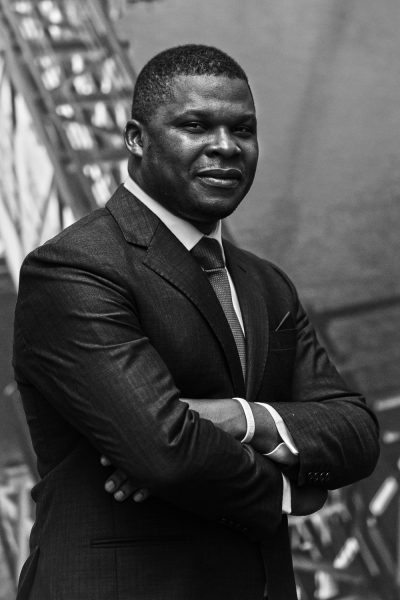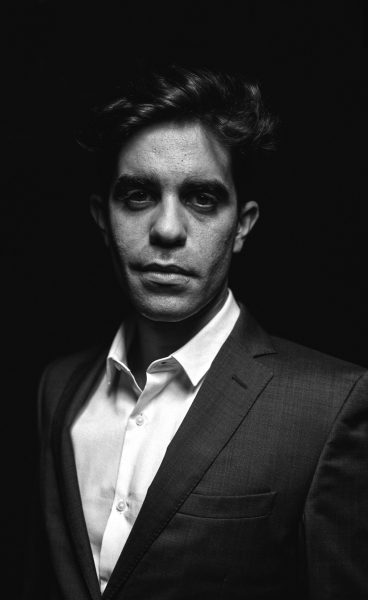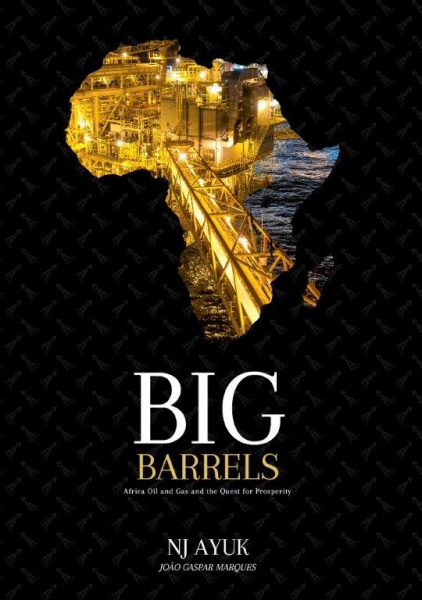
The book "Big Barrels: African Oil and Gas and the Quest for Prosperity" written by Nj Ayuk and João Marques is the big sensation of the African summer
of raw materials. The lawyer who accompanied Equatorial Guinea in his OPEC accession process approached the hydrocarbon sector by relying on
what is good in various countries including Gabon, Equatorial Guinea, Tanzania, Nigeria and Ghana. The implacable diagnosis leads to the possibility of
sustainable resource management, a guarantee of peace and prosperity. We met Nj Auyk. Exclusive.
Your recent book is focusing in Africa oil sector. What have push you to write on this so particular topic? What are the principle characteristics of this industry in Africa?
I have personally seen the good that development of oil and gas can bring to a country — such as development of the indigenous sector, the resources to
develop physical and social infrastructure and access to power generation. Yet, for many, especially from the international community, development of
oil and gas in Africa is largely seen as a negative. In literature, oil and gas is painted as a force for evil, and little is talked about the good that
has come from development of these natural resources in Africa. In Big Barrels, I wanted to tell our story — the success story of African oil and gas
from the Africa perspective. If we don’t tell this story, others will tell it for us, as they have in the past.
In a many cases, African countries have just around 10% in their oil and gas revenues. As lawyer, what should we change in our approach to improve our shares?
Frankly, this is the responsibility of African countries to create better terms for their own people at the negotiation table, and to bring in experienced lawyers and negotiators from the beginning of the conversation. This is not limited to the state’s participation, but also includes creating strong local content policies and enforcing those regulations.
There’s no so much African lawyers firms in the mine and oil & gas sector. Do you feel as Centurion to be an exception ?
Centurion is certainly an exceptional pan-African law firm, and we will continue to grow and expand so that we can provide legal services throughout the continent.
You were recently lobbying for Equ Guinea to be an OPEC member. How your firm have be chosen among all the competitors ?
(Editor's note: decline the answer)
In fact, what is behind Centurion? What's your philosophy and what are you doing for the youth, the next generation?
Centurion is dedicated to building up the next generation — the youth is the future of Africa. Our Africa Now Foundation was specifically created to encourage the development of our youth. Recent initiatives include flying students to attend the elite Africa Oil & Power conference in Cape Town in June. Also announced in June, Centurion Law Group is partnering with the University of Aberdeen to select four beneficiaries of a scholarship annually, primarily focusing on Post-Graduate students from Cameroon, the Central African Republic, Equatorial Guinea, South Sudan, Gabon, Republic of Congo, Chad, Liberia, Senegal and Ethiopia. Once selected, students studying MSc programs in Petroleum Energy Economics and Finance, and Oil and Gas Enterprise Management, as well as Aberdeen’s LLM in Oil and Gas Law and Energy Management MBA, will have 50 percent of their tuition covered and housing will be sponsored 100 percent so that they can study.
Could you tell us about your main goals here to five years as firm?
Centurion’s main goal is to continue to provide key legal services in Africa’s fast-growing sectors, including oil and gas, mining, banking and finance and corporate law. We have already expanded rapidly, operating in countries such as South Africa, Equatorial Guinea, Ghana, Cameroon, Mauritius and South Sudan.




